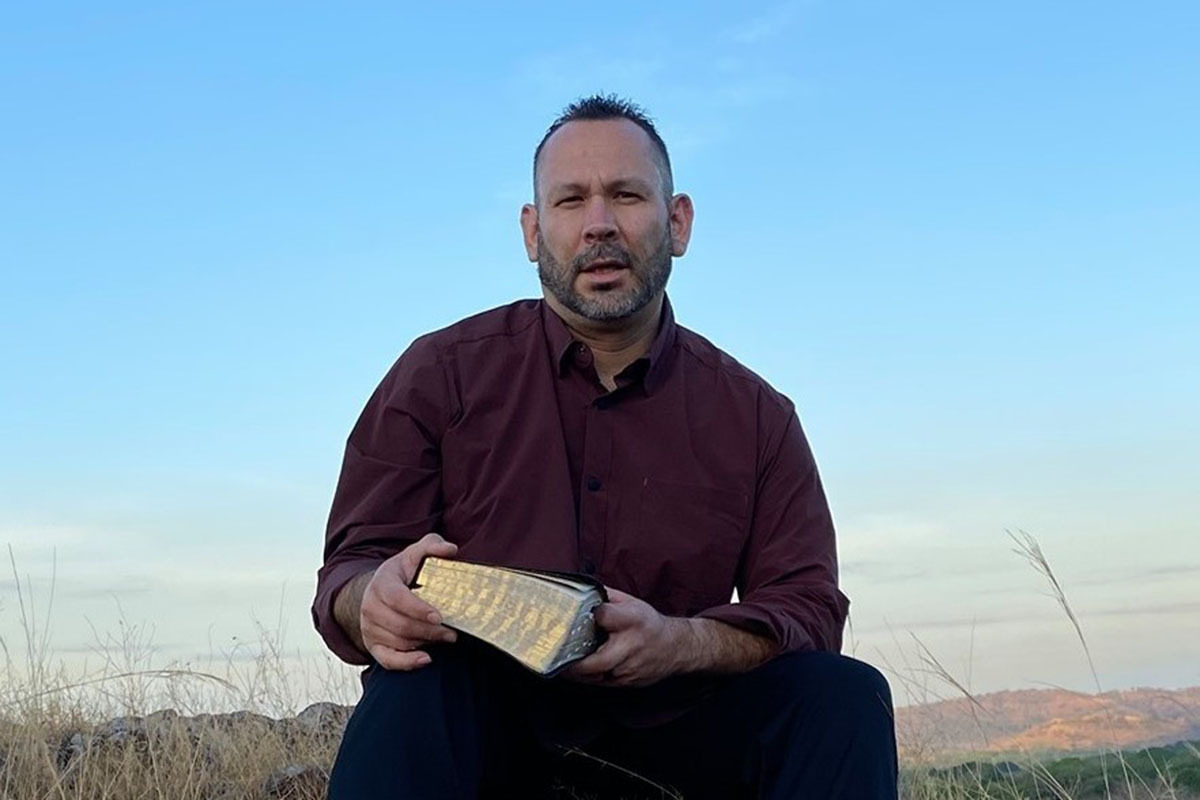


Get a free copy of Parental Rights & Education when you subscribe to our newsletter!

Judge cites two recent Supreme Court cases in finding that the secular push to eliminate faith-based child-placing agencies violates the Free Exercise Clause of the First Amendment.
The U.S. District Court for the District of South Carolina on Friday handed down rulings in two cases in which plaintiffs were suing the U.S. Department of Health and Human Services (HHS), South Carolina Gov. Henry McMaster, and others to stop the state from working with Miracle Hill, a Christian foster care agency that requires foster parents to share its religious beliefs.
In Maddonna v. HHS, the plaintiff claims she was denied for not ascribing to Miracle Hill’s evangelical Christian beliefs. In Rogers v. HHS, a lesbian couple sought to foster children through Miracle Hill.
In South Carolina, the South Carolina Department of Social Services (SCDSS) “has legal custody of all foster children in South Carolina, licenses all foster families, and oversees the training and supervision of foster homes and residential foster facilities in the State. SCDSS has final authority over and responsibility for all children in foster care in South Carolina. Only SCDSS can place a child with a foster family, and only SCDSS can license a prospective foster family.”
SCDSS works directly with foster families regardless of faith or sexual orientation to train, license, and recruit foster parents. SCDSS also partners with child placing agencies (CPAs) to “assist foster families and SCDSS, including identifying licensed foster families into which SCDSS can place children, developing and supervising the implementation of case plans for children placed in foster homes, monitoring foster homes, and providing support and encouragement to those foster families.”
Miracle Hill is one of those CPAs. The plaintiffs in the cases claimed that it violated the First Amendment’s Establishment Clause for SCDSS to partner with a faith-based foster care agency that denied foster parents because of their religious beliefs or sexual orientation.
The court disagreed. Of particular importance in both cases was the fact that potential foster parents are able to work directly with SCDSS and do not even need a CPA. Additionally, there are 26 other CPAs in the state who do not have such religious beliefs, yet none of the plaintiffs attempted to work with SCDSS nor the other CPAs, rather they went directly to federal court.
In Maddonna the court ruled,
“The record does not support Maddonna’s claim that she was coerced to adhere to Miracle Hill’s religious beliefs to participate fully in South Carolina’s foster care program. Defendants did not compel Maddonna to sign Miracle Hill’s statement or leave her without an adequate alternative to signing it. To the contrary, Maddonna could foster the same children at any of twenty-six other private agencies in the State, including eighteen in the Upstate or with the State itself (which has the ultimate licensing authority).”
The district court relied heavily on the Supreme Court’s ruling in Fulton v. Philadelphia, wherein the Court ruled that a Catholic foster care and adoption agency could still adhere to its religious beliefs while serving foster children in Philadelphia. It also relied on the Supreme Court’s ruling in Kennedy v. Bremerton for its test on whether Miracle Hill’s actions amounted to religious coercion.
In Kennedy, the justices found that football coach Joe Kennedy did not coerce students to participate in his prayers at midfield after games by nature of the students being able to see him. Quoting the Supreme Court’s opinion in Kennedy, the district court wrote, “[o]ffense… does not equate to coercion.”
McMaster, who had contacted the Department for Health and Human Services (HHS) to request a religious exemption for Miracle Hill and also signed an executive order that instructed SCDSS not to penalize religious foster care agencies for exercising their religious beliefs, praised the decision. He stated,
“These two rulings from the U.S. District Court represent significant wins for religious liberty and South Carolina’s faith-based organizations like Miracle Hill, which will be able to continue their crucial mission of connecting children in foster care with loving homes. These victories will directly benefit countless children by further ensuring that faith-based organizations will not be forced to abandon their beliefs to help provide critical services to our state’s youth.”
Lori Windham, vice president and senior counsel at Becket Law, which represented Miracle Hill said in a statement,
“This is a major victory for the children in South Carolina’s foster care system who were at risk of losing out on loving homes. The attempt to shutter faith-based foster care agencies and decrease the number of foster homes for these kids violated the law and common sense. We are glad that South Carolina stood up for foster children and faith-based agencies and that the court protected them.”

These lawsuits are transparent attacks on the ability of faith-based foster care agencies to operate. No non-Christian or homosexual couple is at risk of not being able to foster a child because some foster care agencies operate according to their religious beliefs. There are examples, however, of state governments deliberately discriminating against would-be foster parents and foster care agencies due to their religious beliefs.
Religious organizations are permitted to adhere to their religious beliefs and thus discriminate in the placement of a child. The government is not. Yet for some reason the left wants the government to compel religious organizations to either abandon their beliefs or be shut down. Maybe that’s because some of today’s governments exercise their own religious beliefs, that of atheistic secular humanism. In pushing those beliefs on everyone and demanding compliance, they are actually the ones who are trying to establish a state religion.
Who is it who is harming potential foster parents and foster children and limiting the number of foster homes — the religious institution that seeks to help increase the number of foster parents and assist children or the left-wing activist groups and government officials who seek to shut down foster care agencies?
The left doesn’t actually care about children or discrimination. They really only care about forcing Christians to bow the knee to the religion of radical leftism. Thankfully, the current Supreme Court and some lower courts are still honoring the Constitution, which protects Americans’ right to freely exercise their religious beliefs.
The Church must be involved in public discourse and influence. That’s why we write — so our readers can be equipped to understand and pursue righteous change in the world. For more timely, informative, and faith-based content, subscribe to the Standing for Freedom Center newsletter.
Christian conservative news and issues that matter. Curated just for you!

